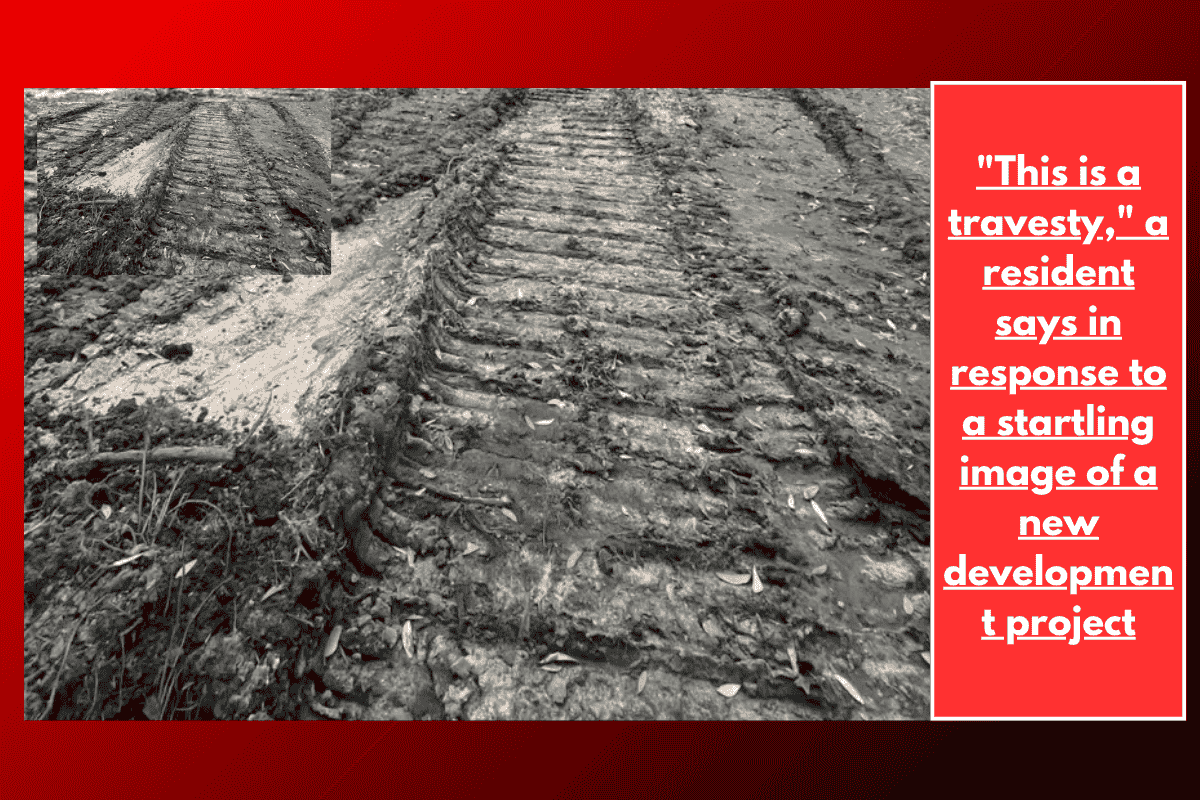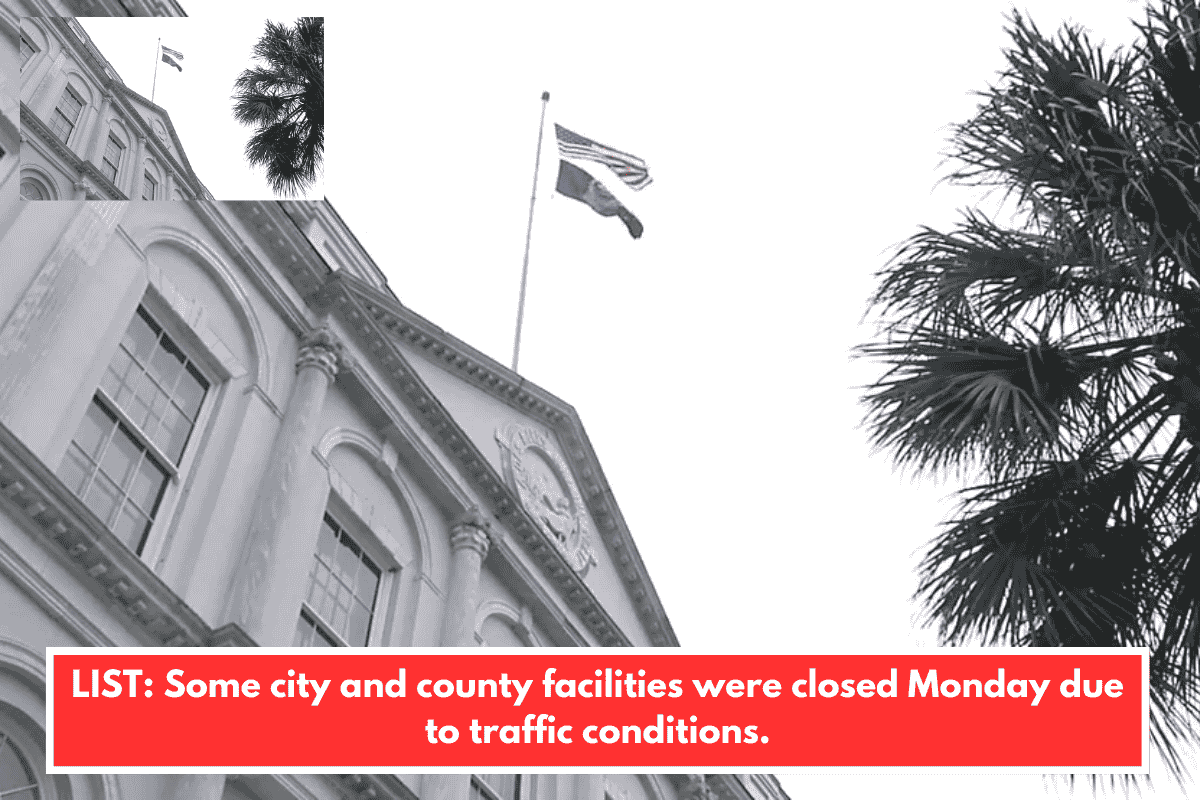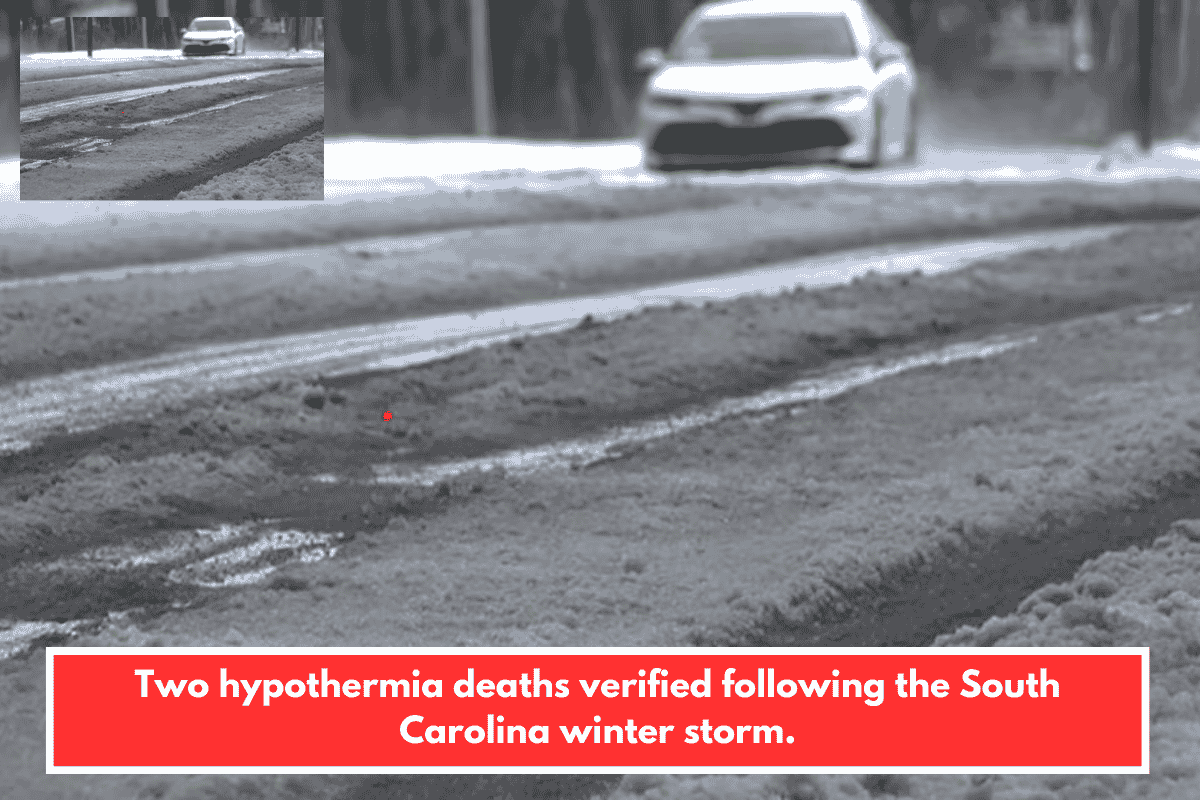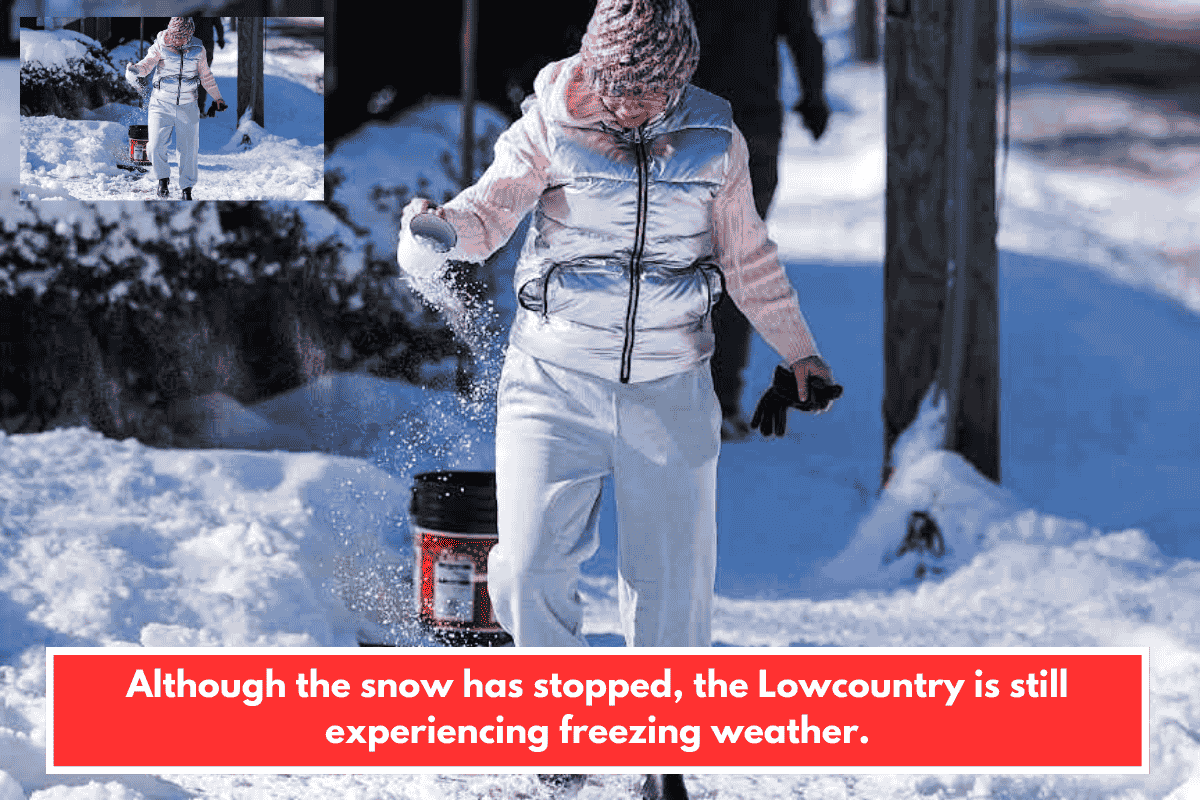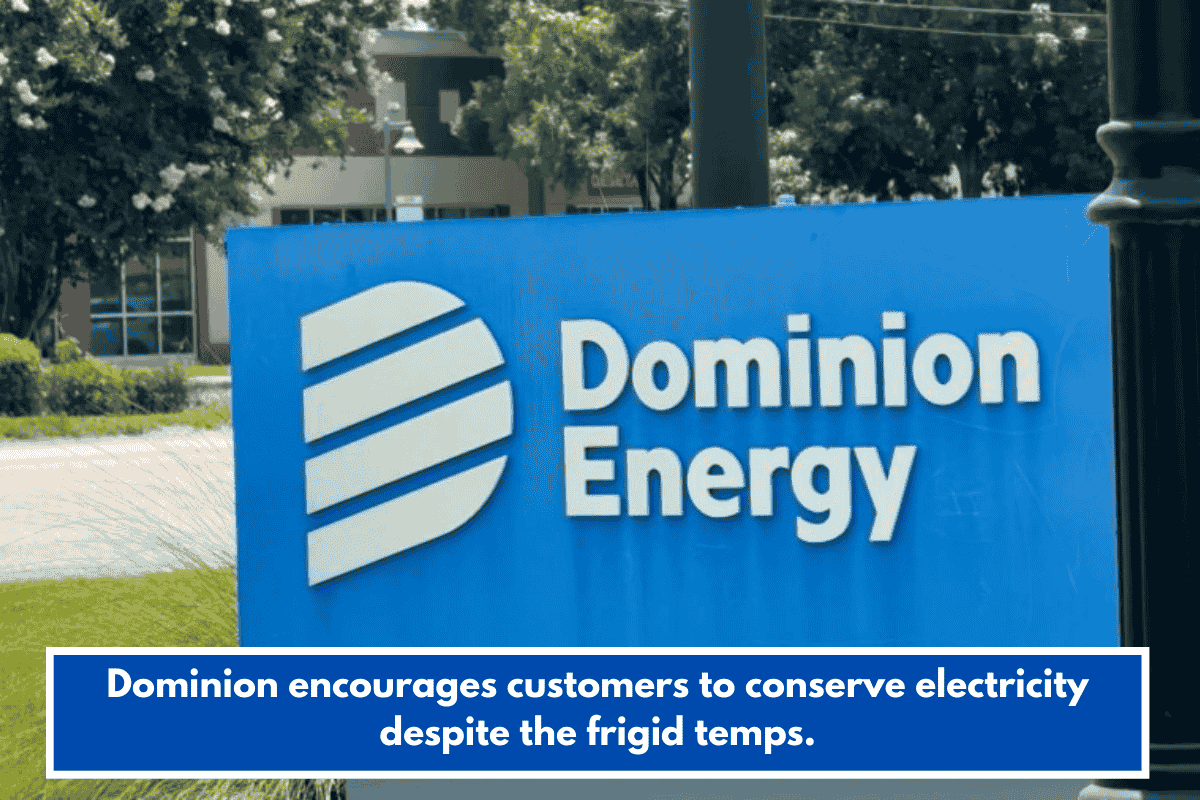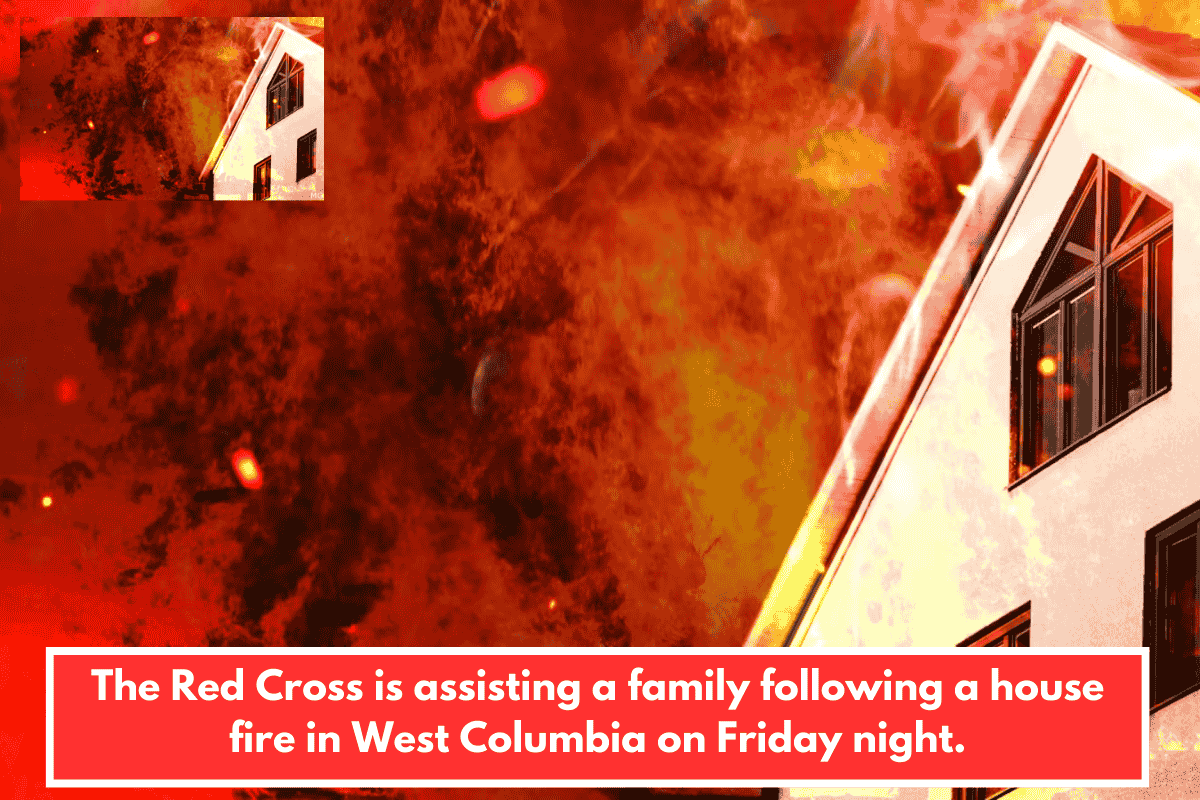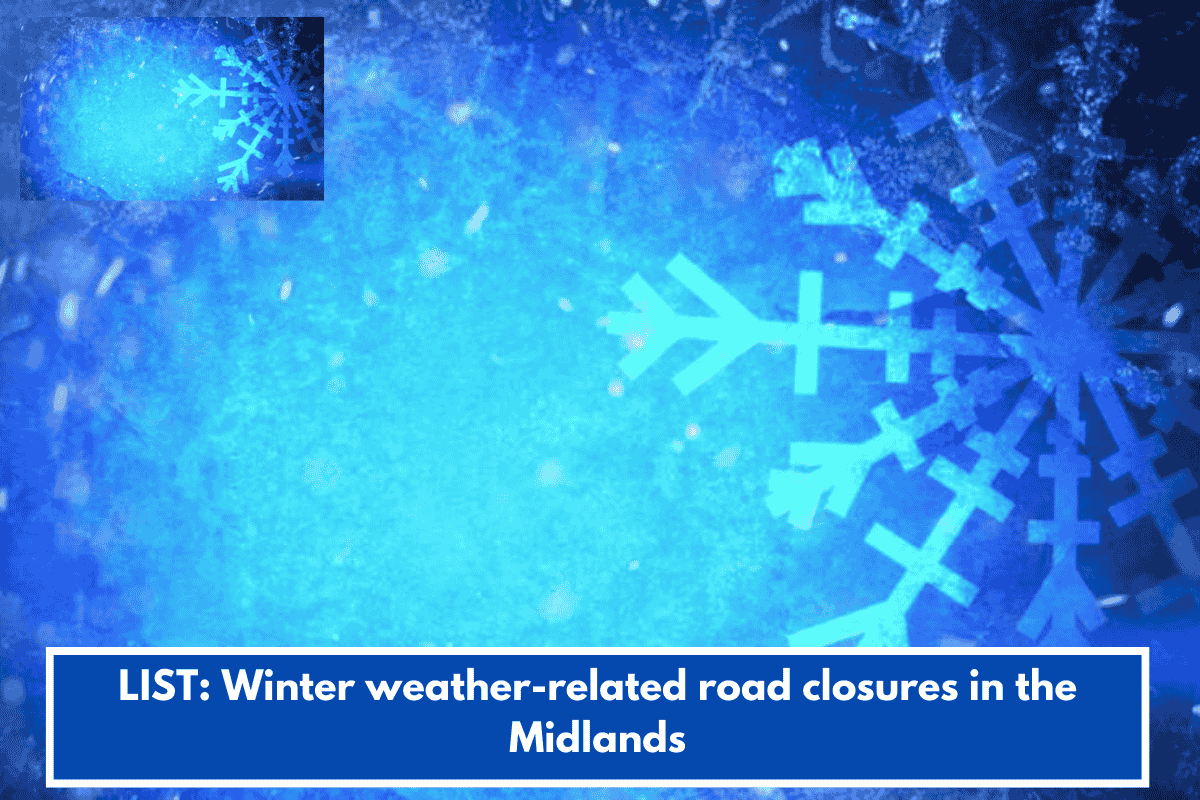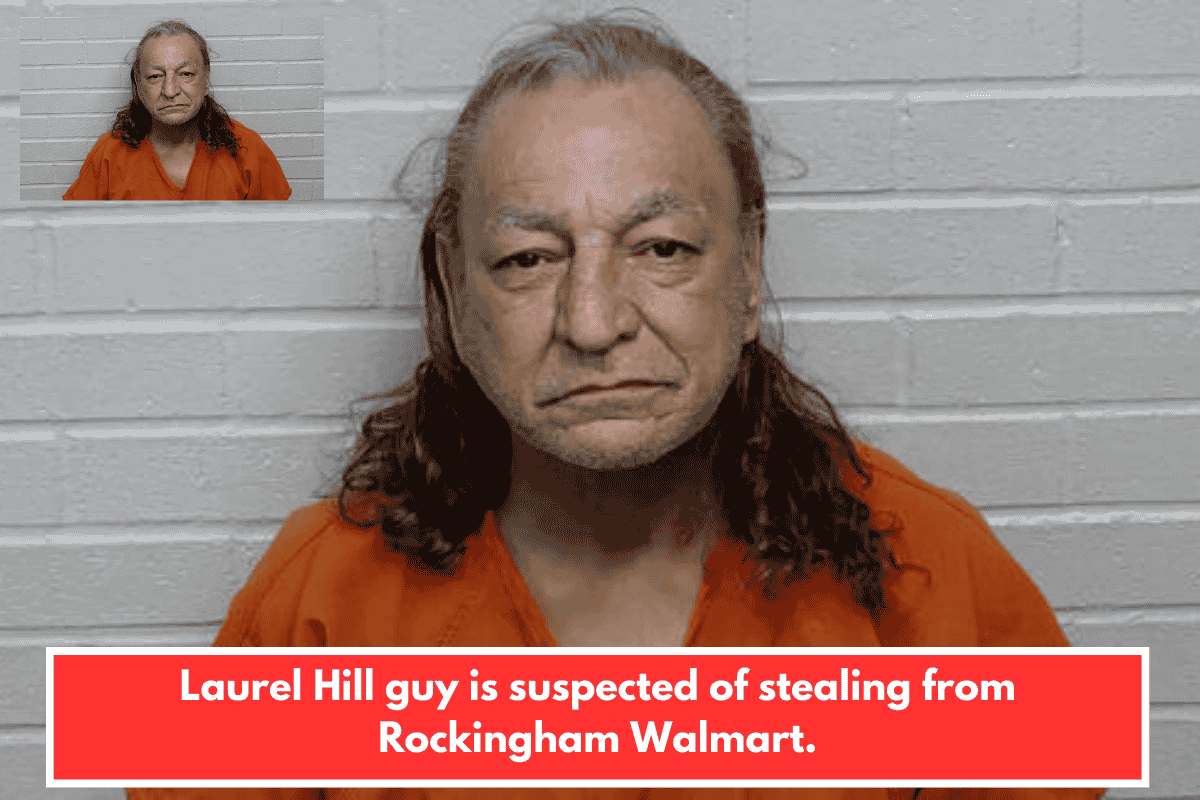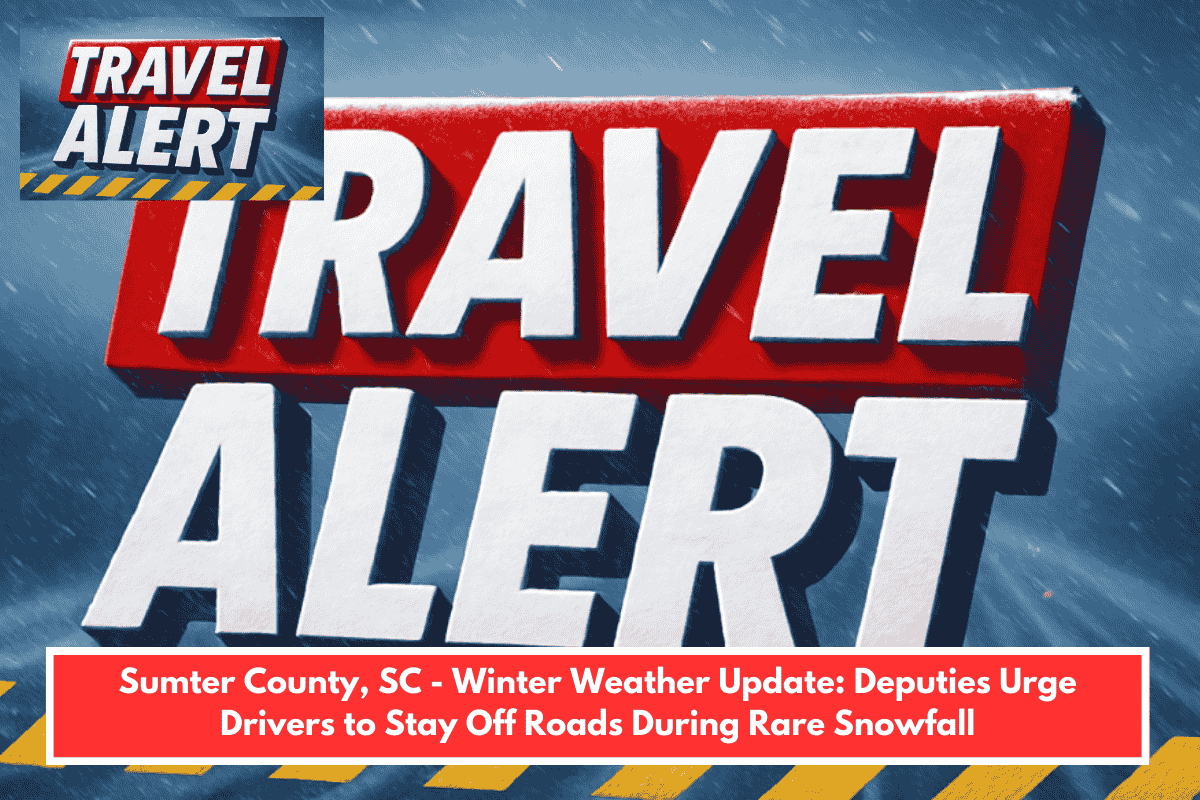Residents of Johns Island, South Carolina, are voicing their frustration after officials approved a controversial decision to pave over wetlands for new development. The decision is part of the Kiawah River development project, which includes a large-scale housing community and golf course that will span 933 acres of land.
The Controversy and Public Backlash
A Reddit post shared a photo of the construction work, with the original poster expressing anger over the ongoing development. “Johns Island is running out of developable land, so Kiawah River development is clearing oaks and backfilling wetlands to alleviate the pressure,” the post read, highlighting concerns about the potential environmental damage caused by the project.
Kiawah River developers have attempted to offset some of the ecological impact by promoting sustainability efforts, such as incorporating working farmland into the community’s design and emphasizing wildlife protection. However, critics argue that these efforts are not enough to mitigate the loss of wetlands, which play a crucial role in carbon sequestration, supporting biodiversity, and protecting against flooding.
The Impact of Wetland Loss
Wetlands are known for their ability to store carbon, reduce flood risk, and provide a habitat for diverse species. Paving over these vital areas raises serious concerns about the long-term ecological consequences. According to experts, the development could exacerbate flood risks on the island, as 52% of properties on Johns Island are already at risk of flooding in the next 30 years, largely due to rising sea levels and increased atmospheric pollution.
The development, which also features luxury homes with an average price of $1.6 million, is seen as a symbol of urban densification on an island already facing the pressures of increased development. Critics argue that the project prioritizes housing demand over environmental preservation, and some residents are upset that this decision will ultimately harm the island’s natural beauty and contribute to the worsening flood risks.
The Economic Context: Why Build on Johns Island?
Johns Island is one of the largest islands along the East Coast of the United States, measuring 83 square miles. Despite the risks posed by rising water levels, the demand for land on the island remains high, driven by its proximity to Charleston and other urban areas. The luxury homes being developed in Kiawah River are part of an ongoing trend of real estate expansion that is transforming the area into a prime location for wealthy buyers.
At the same time, there’s pressure to balance the growing housing needs with environmental conservation. As the Reddit post suggests, some community members feel that the development is being driven by private interests with the financial resources to shape decisions, and they blame the “limited government” approach for allowing private developers to move forward without sufficient oversight.
Community Reactions: Outrage and Concern
The response from residents and environmental advocates has been fierce. One Reddit user commented, “Southern Environment should be informed of this already, if they aren’t. This is a travesty for the land,” expressing concern that the project is harming natural habitats without enough public awareness or intervention.
Another resident shared their frustration by stating, “This is what we voted for, limited government. It’s allowed private interests to basically do as they please because they have the money.” This statement reflects the tension between development and conservation, with some locals arguing that financial influence is driving decisions that could negatively impact the long-term sustainability of the island.
The Future of Johns Island: Balancing Development and Environment
The Kiawah River development highlights a growing tension in many areas: the need for housing versus the importance of preserving natural ecosystems. As climate change accelerates and the risk of flooding increases, it becomes even more critical to consider sustainable development practices that prioritize environmental protection.
As the development continues, many are asking if there is a way to address housing needs without compromising the island’s natural resources. Whether the community can find a balance between growth and conservation remains to be seen, but one thing is clear: the debate over the future of Johns Island is far from over.

